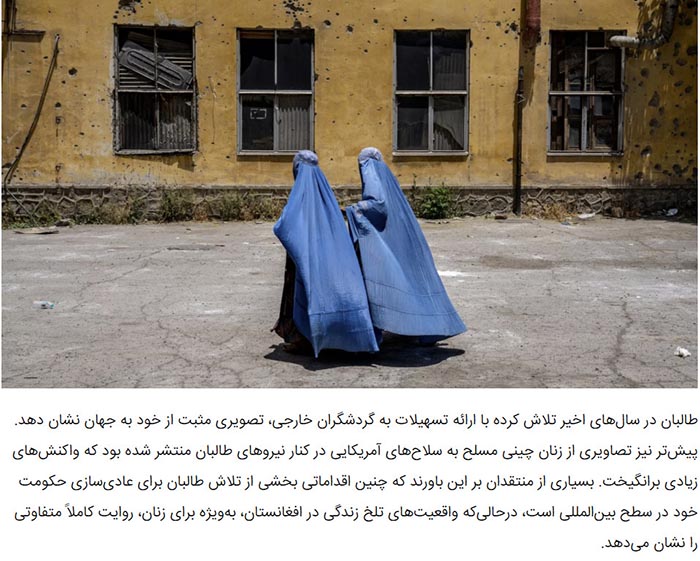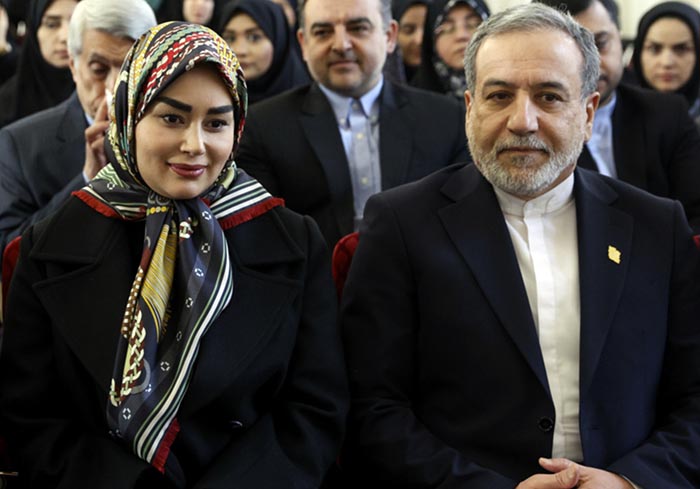Whitney Wright’s Controversial Trip to Afghanistan: A Closer Look
The Taliban’s Efforts at Normalization
Wright’s trip aligns with the Taliban’s broader strategy to reshape their global image. By facilitating her visit and promoting a narrative that foreign tourists can wander freely in Afghanistan, the Taliban sends a message that there is normalcy in their governance.
In a world increasingly aware of humanitarian crises, the Taliban’s efforts to attract tourists serve a dual purpose: depicting a façade of stability while obscuring the harsh realities of life for the average Afghan citizen. They clamor for legitimacy on the world stage, and celebrity visits lend a semblance of acceptance to a regime that has been widely condemned for its human rights abuses.
The Impact of Celebrity Culture on Activism
Whitney Wright’s presence in Afghanistan may have catapulted discussions about the situation in the country into popular discourse, even if indirectly. Celebrity influence can play a powerful role in shaping narratives and mobilizing action, but it can also dilute critical conversations. The question remains: Are celebrity-led discussions effective in raising awareness, or do they often overshadow the voices of those directly affected?
Activists and social commentators stress the importance of amplifying Afghan voices rather than relying solely on those of foreign travelers. Authentic narratives from local women and citizens will ultimately paint a more accurate and nuanced portrait of life in Afghanistan.
Engaging with Afghan Voices
To foster genuine understanding and solidarity, it’s crucial to prioritize narratives from Afghan women themselves. Many organizations work tirelessly to uplift these voices, providing platforms for them to share their experiences and aspirations. NGOs engaging in advocacy, education, and empowerment initiatives offer vital insights that underpin the complexities of Afghan society.
Engaging with these organizations can provide a more holistic view of Afghanistan today. By listening to the stories of Afghan women — their triumphs and challenges — individuals can gain a clearer understanding of the socio-political dynamics at play. This engagement can help counterbalance the often sensationalized and superficial accounts that come from foreign tourists.
Conclusion
Whitney Wright’s controversial trip to Afghanistan underscores the complexities of celebrity culture in the face of critical global issues. While she may have been welcomed as a tourist, the juxtaposition of her experience against the grim reality for Afghan women illustrates a disconcerting narrative.
As discussions surrounding her trip unfold, it is crucial to continue amplifying the voices of Afghan women and advocating for their rights. It’s a stark reminder that freedom and equality are not just privileges to be enjoyed by some under a spotlight, but fundamental human rights that should be universally upheld.





